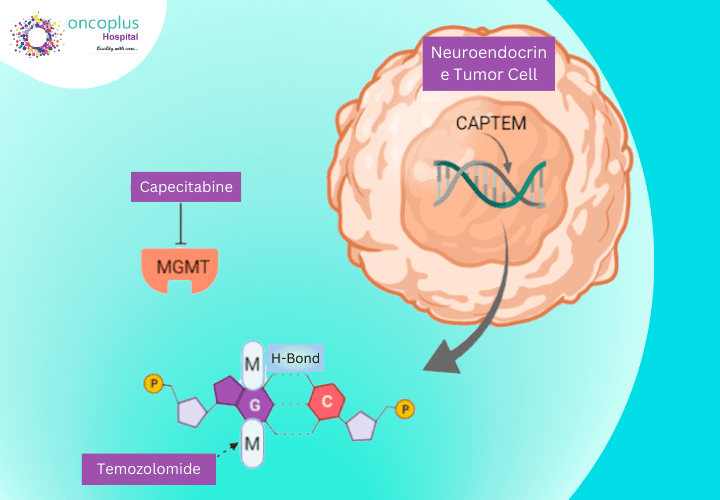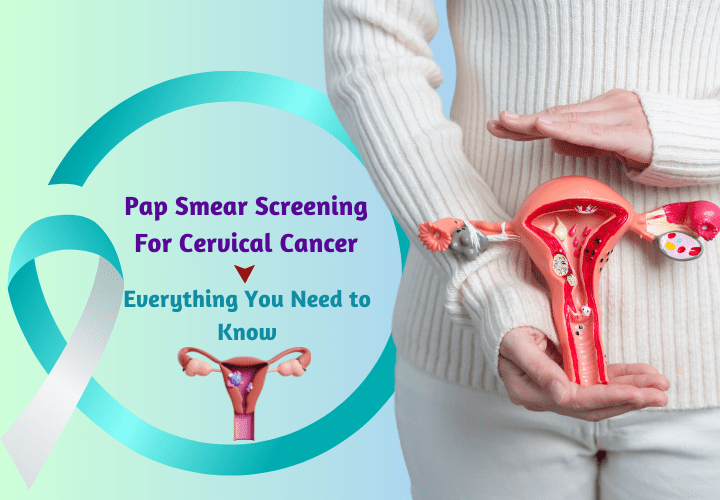Neuroendocrine Cancer Program – Not a Rare Cancer at Penn Medicine

Neuroendocrine Cancer Program – Not a Rare Cancer at Penn Medicine
- onco
- October 19, 2023
Many people are terrified when they hear the term cancer. No one wants to fight this battle, but for those who do, it’s a struggle for survival, hope, and a better future. Although neuroendocrine cancer is not as well-known as some of the more prevalent cancer types, it is by no means uncommon. A rare malignant tumor called a carcinoid tumor causes carcinoid syndrome when it releases certain chemicals into your bloodstream, leading to various signs and symptoms. It is a specific kind of neuroendocrine tumor that typically develops in the lungs or the digestive system. By providing top-notch care, support, and hope to those impacted by this less well-known cancer, Penn Medicine’s Neuroendocrine Cancer Program aims to alter the narrative. Here, we will discuss about Neuroendocrine Cancer, its program at Penn Medicine and why it matters in this blog post.
Learning About Neuroendocrine Cancer:
Let’s first define neuroendocrine cancer before discussing Penn Medicine’s work. Rare cancers called Neuroendocrine Tumors (NETs) develop in the neuroendocrine cells, which are in charge of making hormones. These tumors may form anywhere in the body, including the pancreas, lungs, and digestive system. NETs are regarded as rare, yet their prevalence is rising, with 12,000 new instances being identified annually in the United States alone.
Despite being relatively uncommon, NETs have a wide range of subtypes, making the condition complex and difficult to identify. The presence of ambiguous symptoms that can mimic those of other, more prevalent illnesses can cause misinterpretation or delay in diagnosis.
Neuroendocrine Cancer Program at Penn Medicine:
Patients with neuroendocrine cancer require specialist care, and Penn Medicine, an internationally renowned academic medical center in Philadelphia, has acknowledged this requirement. To enhance patients’ lives impacted by NETs, Penn Medicine has established the Neuroendocrine Cancer Program.
- One-Dimensional Approach: The comprehensive approach used by Penn Medicine’s Neuroendocrine Cancer Program is one of its main advantages. To provide complete care, a group of specialists from many disciplines, including gastroenterology, radiology, pathology, and medical and surgical oncology, works together. This guarantees that patients get a treatment plan that is personalized based on their particular requirements and the features of their malignancy.
- Innovation in Research: In terms of neuroendocrine cancer research, Penn Medicine is at the forefront. For patients, the program’s dedication to expanding understanding of NETs and enhancing treatment options offers a ray of hope. The program’s goal is to reevaluate the accepted standards of care for neuroendocrine cancer through clinical trials and cutting-edge treatments.
- Care that is patient-centered: Its unrelenting dedication to providing patient-centred care is what distinguishes Penn Medicine. The program acknowledges that receiving a cancer diagnosis entails a significant emotional and psychological struggle in addition to a physical one. Along with medical care, they also offer emotional and psychological support, assisting patients and their families in navigating the difficult road ahead.
- Encouragement and Protest: The Neuroendocrine Cancer Program at Penn Medicine provides a wide range of support services in addition to medical therapy. They are dedicated to meeting all of the patients’ requirements, from support groups and counseling to help with negotiating insurance and money issues. Additionally, they promote awareness of neuroendocrine cancer and work to lessen the stigma associated with this frequently misdiagnosed illness.
Why the Neuroendocrine Cancer Program Matters?
You might be perplexed as to why a highly specialized program is required for cancer as uncommon as neuroendocrine tumors. The complexity of the illness and the value of individualized care hold the key to the solution. Despite their rarity, NETs can nevertheless be very unpredictable. They exhibit a variety of behaviors, therefore, treatment plans must be customized for each patient. This calls for a specialized team that is well-versed in the nuances of neuroendocrine cancer.
Furthermore, a delayed diagnosis and poor care may result from the relatively low knowledge of NETs. Before receiving an accurate diagnosis, patients could see several healthcare professionals, which can be emotionally and financially stressful. Penn Medicine’s Neuroendocrine Cancer Program hopes to reverse this perception by offering NET patients a one-stop shop for care.
In determinations, although neuroendocrine cancer is uncommon, it is not unheard of. The Neuroendocrine Cancer Program at Penn Medicine is a glimmer of hope for those struggling with this difficult illness. They are altering the perception of NETs and demonstrating that there is hope for a better future even in the face of uncommon diseases by offering specialist care, support, and advocacy. The program is a crucial resource for those in need due to its dedication to multidisciplinary care, cutting-edge research, patient-cantered approaches, and support services. The program’s significance grows with each patient’s success story, overcoming neuroendocrine carcinoma and demonstrating that uncommon cancers need attention and the greatest care. So, if you or a loved one ever struggles with the difficulties of neuroendocrine cancer, know that Penn Medicine has a committed staff ready to offer cancer or cancer treatment and support on your path to recovery and hope.
Recent Posts
-
Pap Smear Screening for Cervical Cancer: Everything You Need to Know
February 26, 2025
-
How Air Pollution Increases the Risk of Lung Cancer: A Growing Concern
February 18, 2025





Leave a Reply